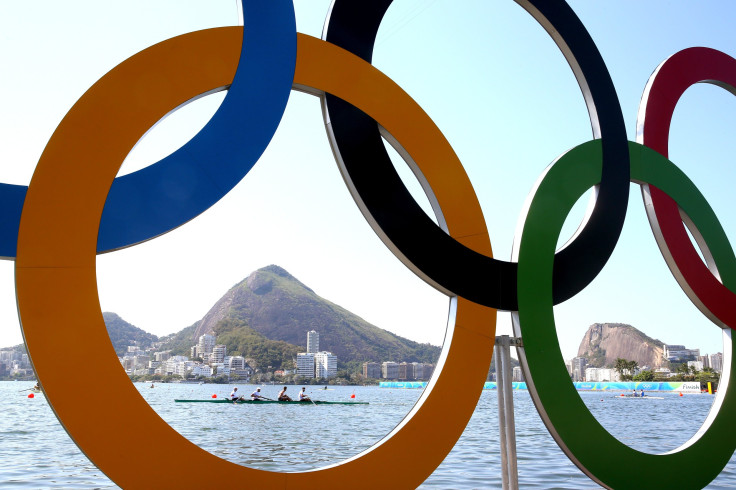Is Rio Safe? 8 Facts About The 2016 Olympics Host City Ahead Of The Opening Ceremony

The eyes of the world will be on Rio de Janeiro for the next two weeks as the city plays host to the 2016 Summer Olympic games.
Rio will have a chance, during Friday's opening ceremony, to showcase the culture and national identity of Brazil. The games will also bring thousands of tourists, not to mention scores of the world's best athletes, to the country. However, Rio and Brazil are stepping onto the international stage in the wake of an historic recession, a litany of environmental and political problems and allegations that Rio is not adequately prepared to play host.
Here are eight things to know about Rio de Janeiro before the start of the Olympics:
1. Rio 101
Rio de Janeiro is a city of 6.5 million people situated on the South Eastern coast of the city on the Atlantic Ocean. It is the second most populous city in Brazil behind only Sao Paolo. It is also second to Sao Paolo in GDP. Rio was founded in 1565 by Portuguese settlers.
2. Crime
Rio has an epidemic crime problem. Nearly a fifth of the city's residents live in "favelas," the equivalent of slums, and the widespread poverty in those areas leads to glaringly high crime rates. Street crime is rampant and tourists are discouraged from carrying large amounts of cash, keeping their phones accessible in public, or wandering outside late at night.
3. Safety
While crime might be a major problem in Rio, experts do not expect it to be a problem for tourists in the city for the Olympics. An estimated 80,000 security personnel, including at least 30,000 members of the army and reserves, will be deployed to guard the tourists, media and athletes. As long as tourists stay within well populated areas of the cities near Olympic sites, they should be safe. However, law enforcement has been criticized for the hypocrisy of its response to guarding Olympic tourists while not otherwise taking measures to make the city's residents safer year round.
4. Tourism
Thanks to its many beaches, Rio is the tourism capital of Brazil, welcoming close to three million visitors per year. In recent years, that number has been boosted by the 2014 FIFA World Cup and, of course, this year's Olympics. Roughly 6.4 million tourists descended upon the city in 2014, close to two million of which came during the World Cup weeks.
5. Christ the Redeemer
The most popular tourist destination in Rio and perhaps the most iconic image in all of Brazil is the Christ the Redeemer statue on the Corcovado mountain in the Tijuca Forest National Park. The art deco statue of the biblical Jesus Christ, built in 1931, stands 125 feet tall, drawing visitors from all over the world.

6. World Cup
Brazilians breathe soccer — the country has the most World Cup wins of any nation — so it welcomed the chance to host the 2014 FIFA World Cup. Germany won the highly anticipated tournament, which took place in June and July of that year. However, critics argue that the symbolic and economic benefits of events like the World Cup and the Olympics benefit the wealthy in the country more than the working class people and that the spectacle distracts from more pressing issues in the country.
"The main argument [for hosting the World Cup] is that since Brazil is the country of soccer, we needed the World Cup here," Katia Brasil, the founder and executive editor of Amazônia Real, a weekly digital news magazine that covers the largely rural Amazônia region in the north, told International Business Times in June. "Now the argument is we have never had an Olympics here, so we need one here. It’s a huge contradiction. Sports is something vital and has the potential to change lives, but the investment in these athletes is large. It’s an important question."
7. Weather
The summer Olympics mandate an accommodating climate. Rio does have that. The city is hot for most of the year, while the rainy season falls between December and March. The coastal areas are also cooler than those inland as a result of the breeze coming off of the Atlantic Ocean. The temperature in Rio Friday was hovering around 79 degrees Fahrenheit, according to Weather.com. It should remain hot throughout the Olympic games, but rain is expected through the middle of next week.
8. City Name
The city's name, "Rio de Janeiro," is Portuguese for "the River of January." Colonists from the Portuguese Empire, which colonized the region in the 16th century, gave the city the name in 1565.
© Copyright IBTimes 2024. All rights reserved.






















